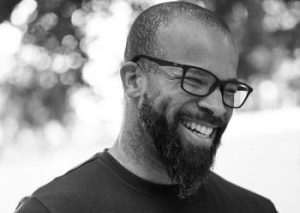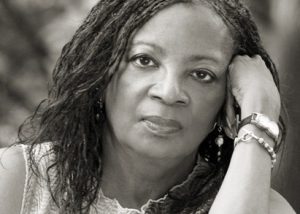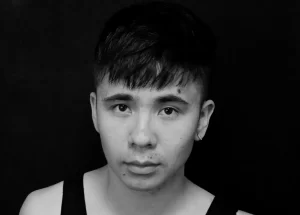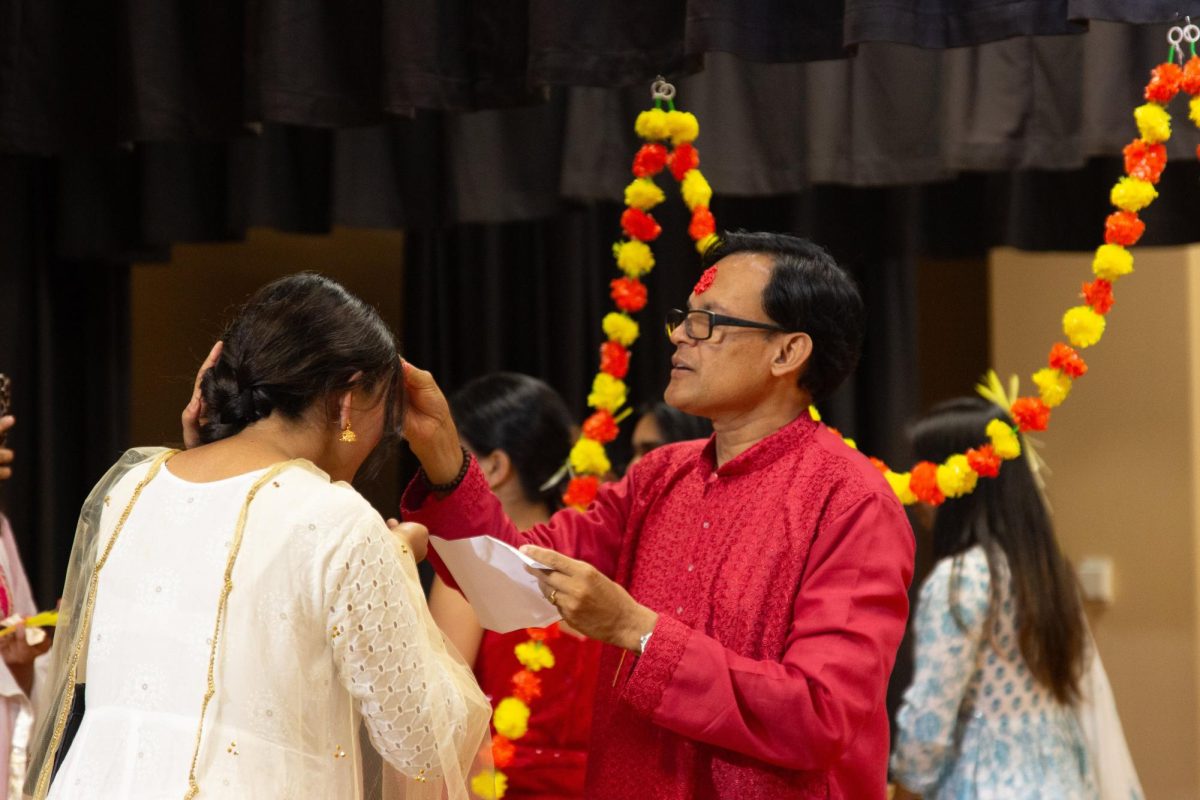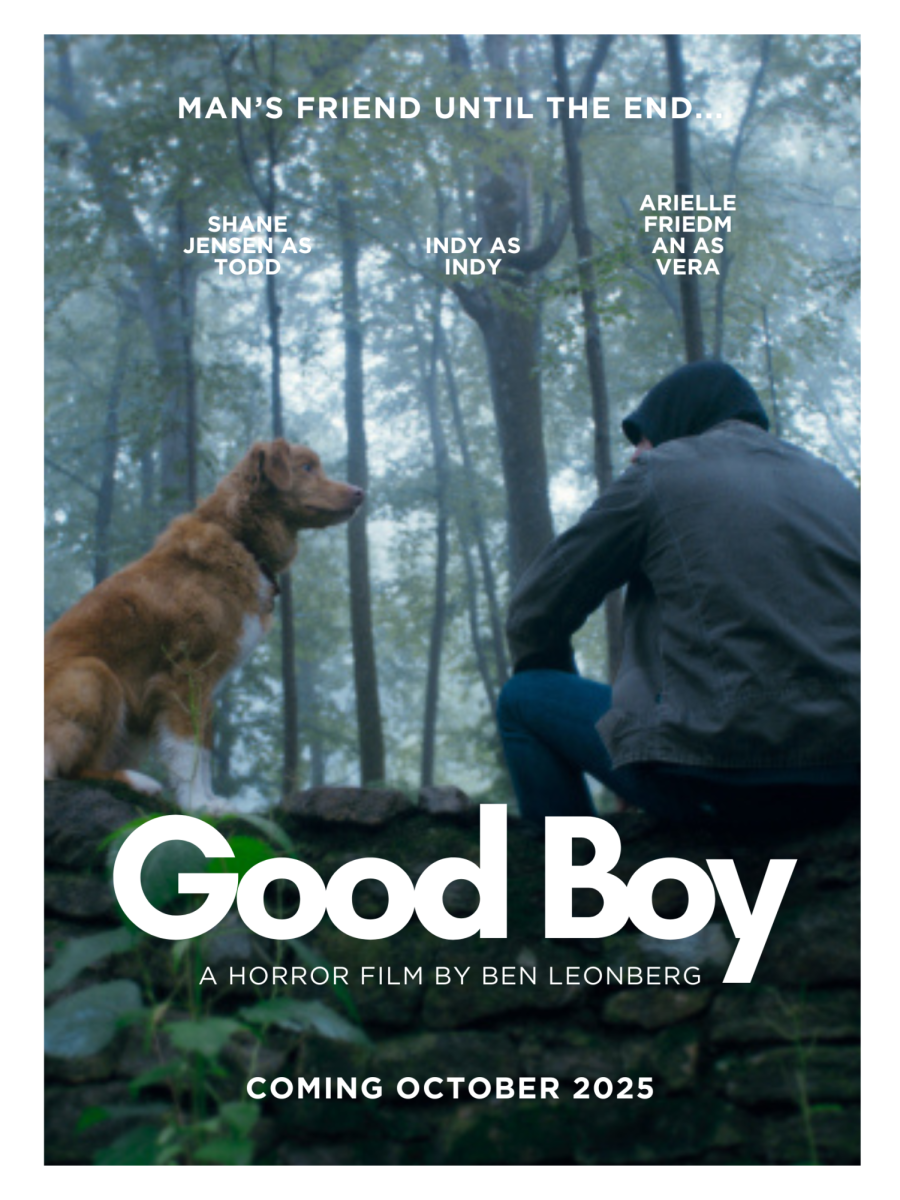Douglas Kearney
Known for writing untraditional poetry, Douglas Kearney often incorporates graphic design into his work. He focuses on publishing authentic, unedited poetry rather than a polished, glamorous final product. Instead of writing in stanzas or lines, Kearney arranges his poetry as an abstract artwork. He uses different fonts, texts and scripts to emphasize specific points. Kearney’s style of writing reflects the messiness of everyday life. Kearney published eight poetry collections.
Natalie Diaz
Pulitzer Prize winner Natalie Diaz writes narrative poetry, recalling experiences from her childhood. Diaz’s poetry draws from her childhood after growing up on a Mojave reservation. Her two collections, “When My Brother Was an Aztec” and “Postcolonial Love Poem”, contrast the natural beauty of the reservation with the cruel mistreatment of the Mojave tribes. Often writing in her native tongue, Diaz advocates for the silenced voices of the Mojave people.
Colleen McElroy
McElroy began writing poetry about her experience as an Black woman in academia. Her heartfelt, introspective poems reflect on topics such as offensive stereotypes, human sexuality and rapid gentrification. McElroy’s poems, such as “Lothar’s Wife” and “Sidewalk Games,” imagine a world without bigotry and violence. She asks readers to examine how society treats members of different races and ethnicities. McElroy joins the ranks of groundbreaking Black poets.
Ocean Vuong
Born in Vietnam, Ocean Vuong moved to the New Jersey suburbs during his early childhood. Yet, his family struggled to adapt to life in the U.S., adhering strictly to Vietnamese traditions. Vuong’s poetry centers around the pressures and expectations placed on children of immigrants. His poetry collection, “Night Sky with Exit Wounds,” recounts the series of events, such as the Fall of Saigon, that led his family to immigrate to the U.S.


